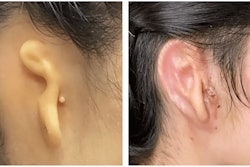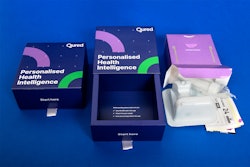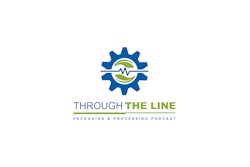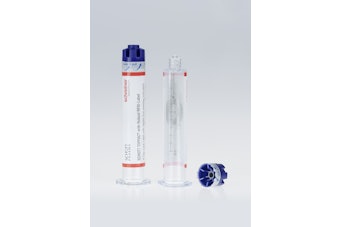According to a recent Reuters article, the FDA rejected Eli Lilly’s application for early approval for their Alzheimer’s drug last Friday. The drug in question, donanemab, is an antibody designed to clear amyloid protein plaques from early Alzheimer’s patients’ brains. In a letter, the FDA noted that the reason is “due to the limited number of patients with at least 12 months of drug exposure data provided in the submission. In the company’s mid-stage trial, patients stopped receiving treatment after amyloid was cleared from the brain, which was around the 6 month mark for 40% of patients.
However, Eli Lilly stated that it is still on track to report results of a confirmatory Phase 3 trial of the drug in the second quarter of 2023. Russ Paulsen, COO of UsAgainstAlzheimer’s, wrote in an email, “Donanemab worked too well…the FDA requires a minimum of 100 patients to be on the drug for at least 12 months, but due to donanemab’s quick action in some patients, many were able to stop treatment in as little as six months.” Sales of infusion-based amyloid-lowering drugs are expected to be slow before full FDA approval because Medicare plans for people over 65 currently only reimburse such drugs with accelerated approval if the patient is enrolled in a validated clinical study.






















